What does bedding have to do with World Water Week?
The waters of our world tell a troubled tale. For too long, conventional practices in the textile industry have placed an undue burden on these precious waterways. The cultivation of conventional cotton, with its heavy reliance on irrigation and chemical inputs, has abused the earth’s reservoirs. Meanwhile, the synthetic dyes used to color our fabrics have often left their toxic trace in rivers and streams, impacting ecosystems and communities alike.
But there is another story being written—a quieter, more hopeful one. It is the story of regenerative organic cotton and natural plant dyes, a path that seeks to learn from and work with nature. The regenerative organic approach to cotton cultivation is rooted in respect for natural systems. It nurtures the soil, enriches biodiversity, and, importantly, enhances the earth’s ability to hold and manage water. By prioritizing soil health, regenerative practices help to restore the natural water cycles that have been disrupted by decades of industrial farming.
Regenerative organic cotton doesn’t just reduce our impact on water; it actively contributes to its health. Fields managed under regenerative principles require less irrigation, as the healthy soil retains moisture more effectively. The absence of synthetic chemicals means there is no runoff to contaminate nearby water bodies. Instead, water passes through these fields, filtered and purified, returning to the cycle cleaner and healthier than before.
At AIZOME, we believe in textiles that honor these principles. Our fabrics are dyed using natural plant-based dyes, a process that is as gentle on the environment as it is on the skin. This method respects water, using it sparingly and ensuring it remains pure. The result is a textile that speaks to a deeper connection—one that aligns with the rhythms of nature and the wellbeing of the planet.
In our pursuit of a textile product truly free from synthetic chemicals—no bleaches, detergents, de-sizing agents, anti-molding agents, silicones, or synthetic dyes—we developed WASTECARE™, a skincare line derived from our own dyeing wastewater. Because our dyeing process involves only plants, water, and ultrasound technology, the wastewater is so pure it can be safely repurposed for skincare. This innovative approach not only underscores our commitment to using every resource to its fullest but also serves as a testament to how eliminating synthetic chemicals can transform waste into something beneficial. By fully embracing this level of purity, we honor water not just as a resource but as a vital element that deserves our utmost care and respect.
During World Water Week, we are invited to consider how our choices ripple outward, affecting not just ourselves but the world around us. By choosing regenerative organic cotton, we choose to support practices that replenish and sustain. We are excited to embrace the possibilities that regenerative practices offer, not just for our industry but for the world. Together, we can cultivate a future where our textiles are as nourishing as the waters that sustain us—a future woven with respect, responsibility, and hope.
Image: AIZOME Copyright

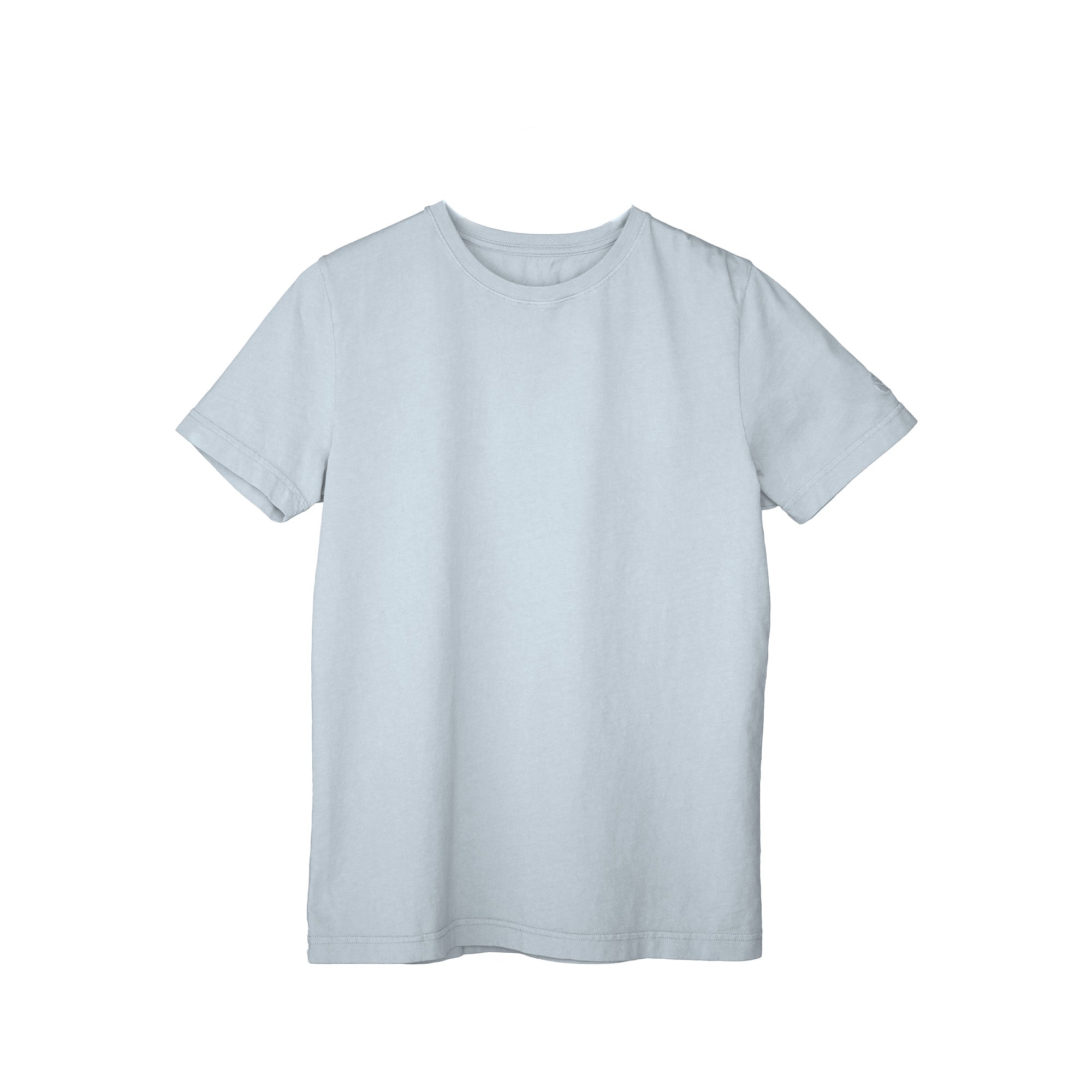

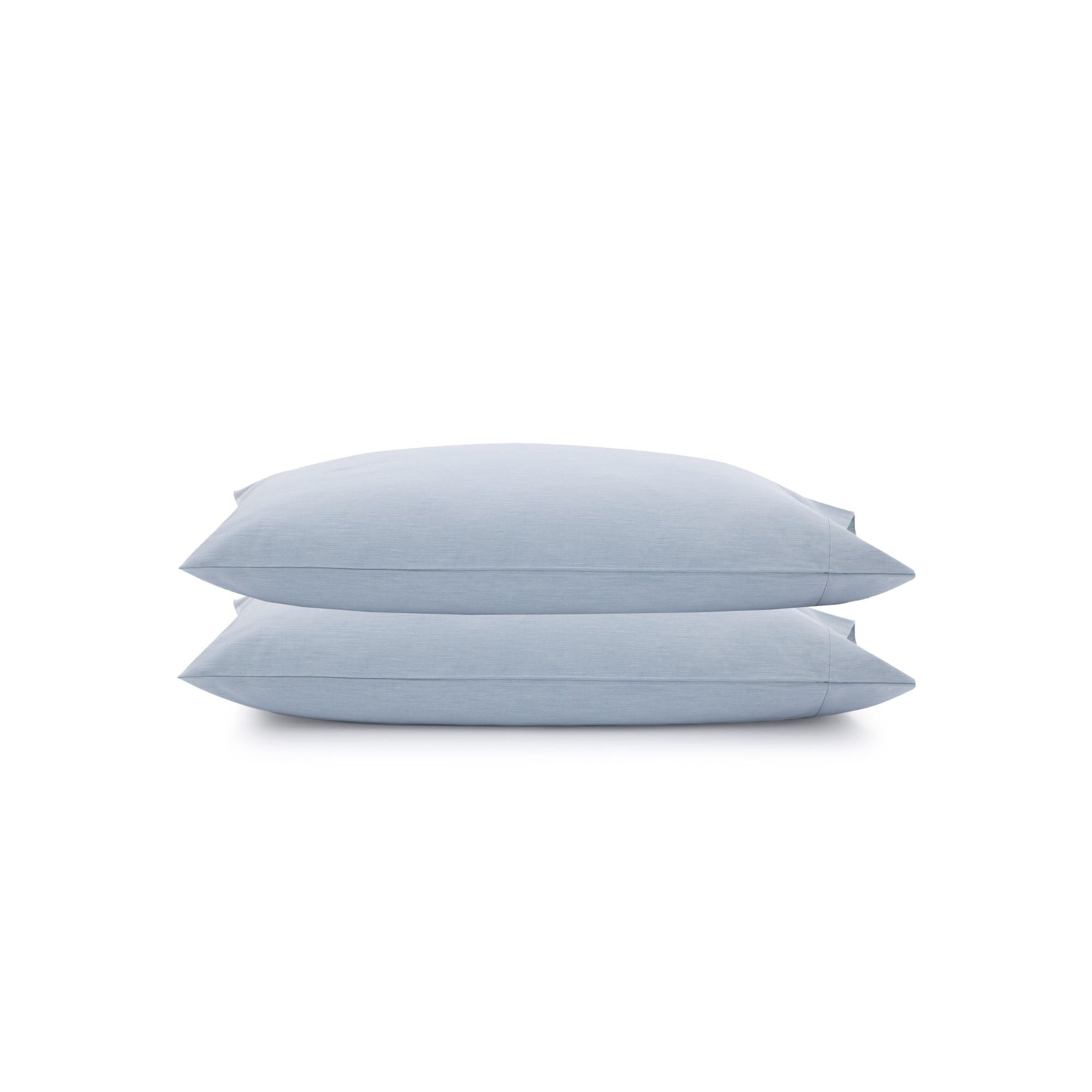
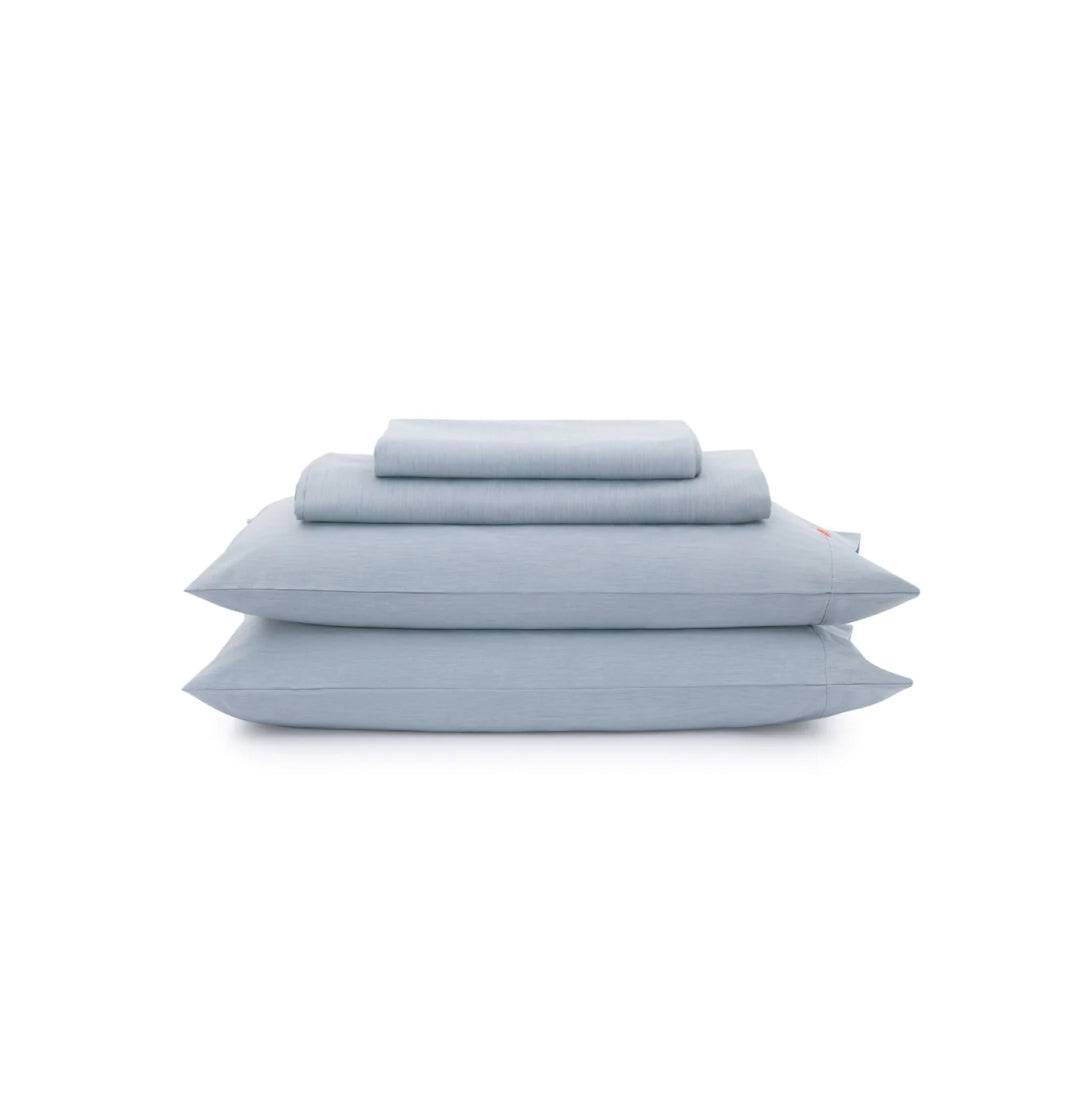
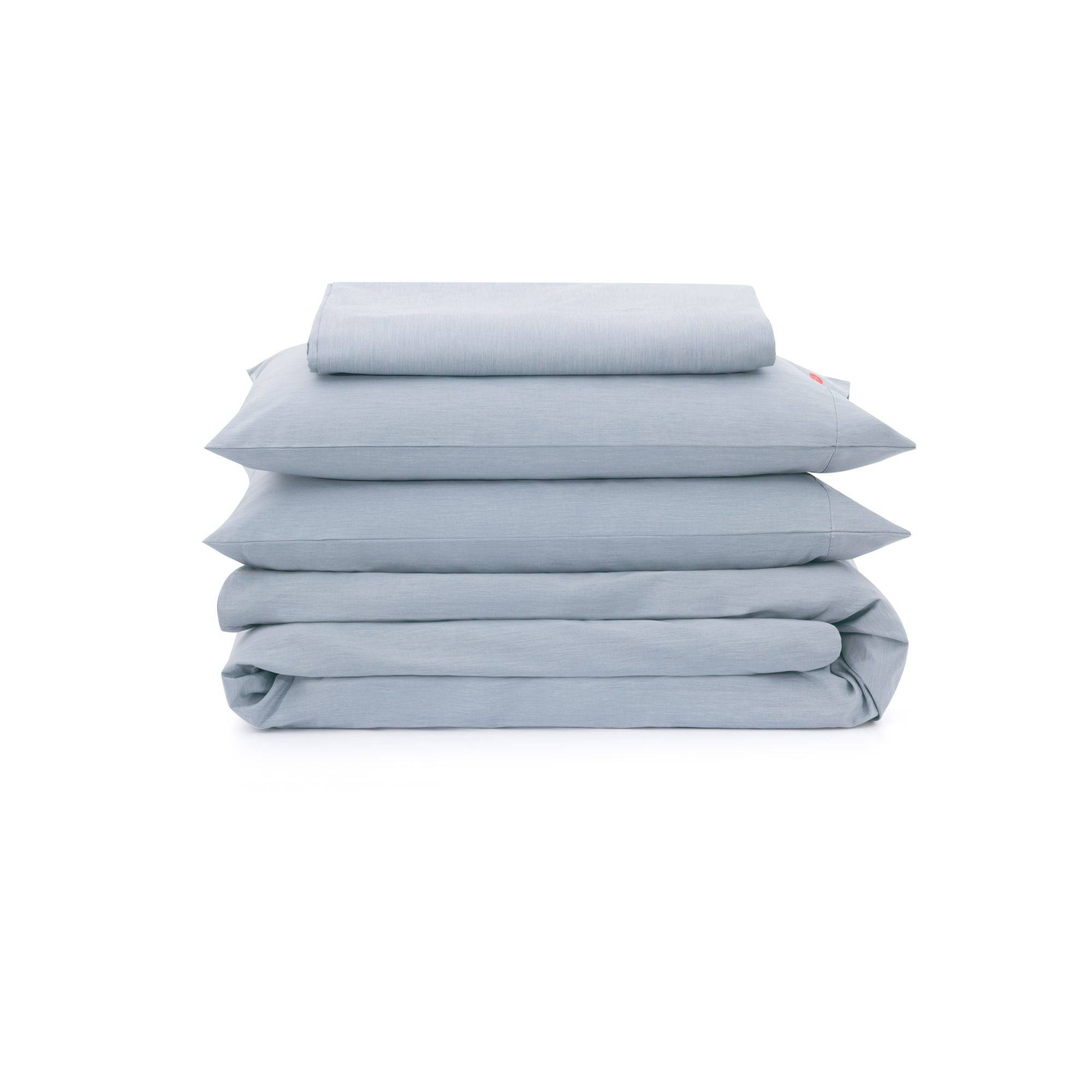
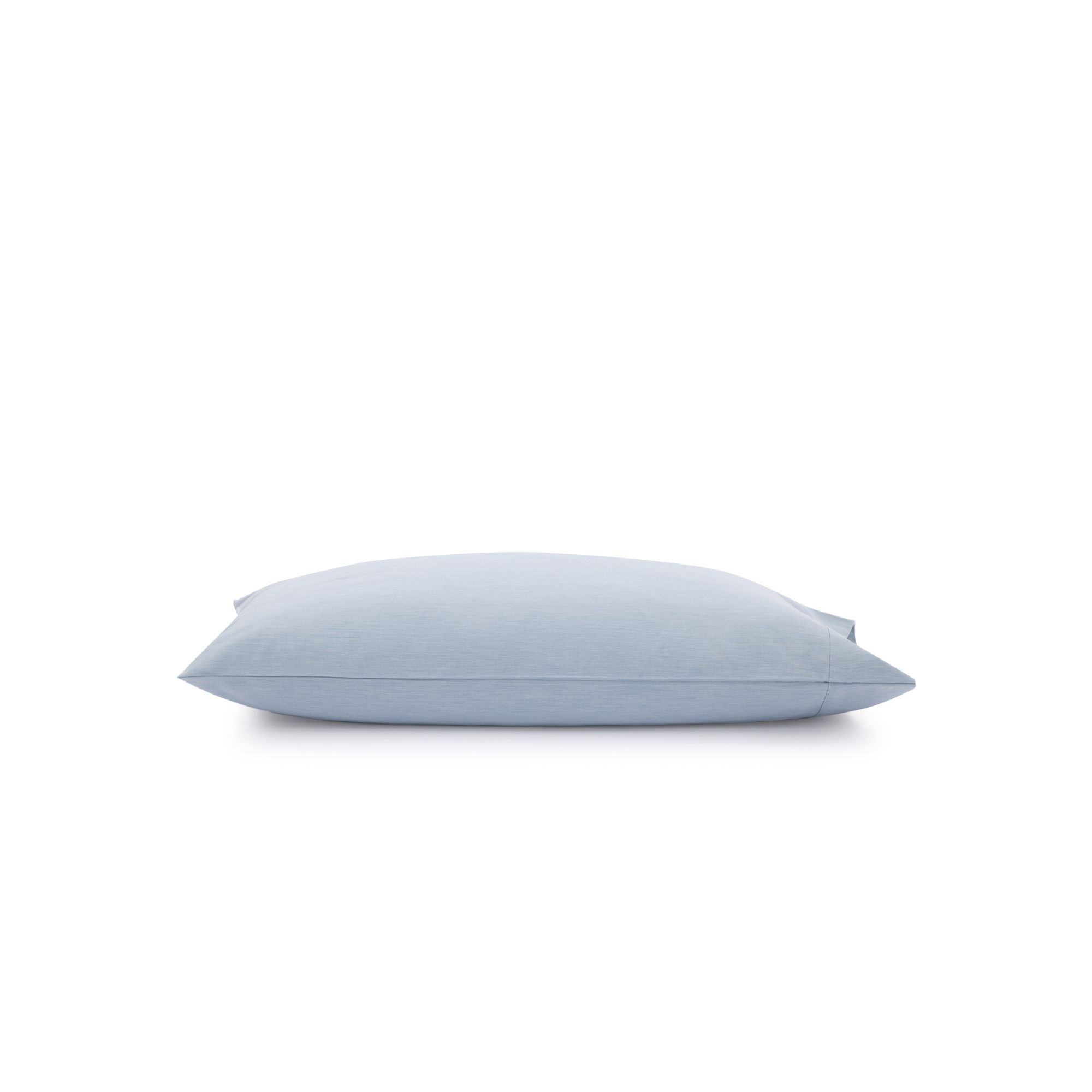
 Bedding
Bedding
 Clothing & Accessories
Clothing & Accessories
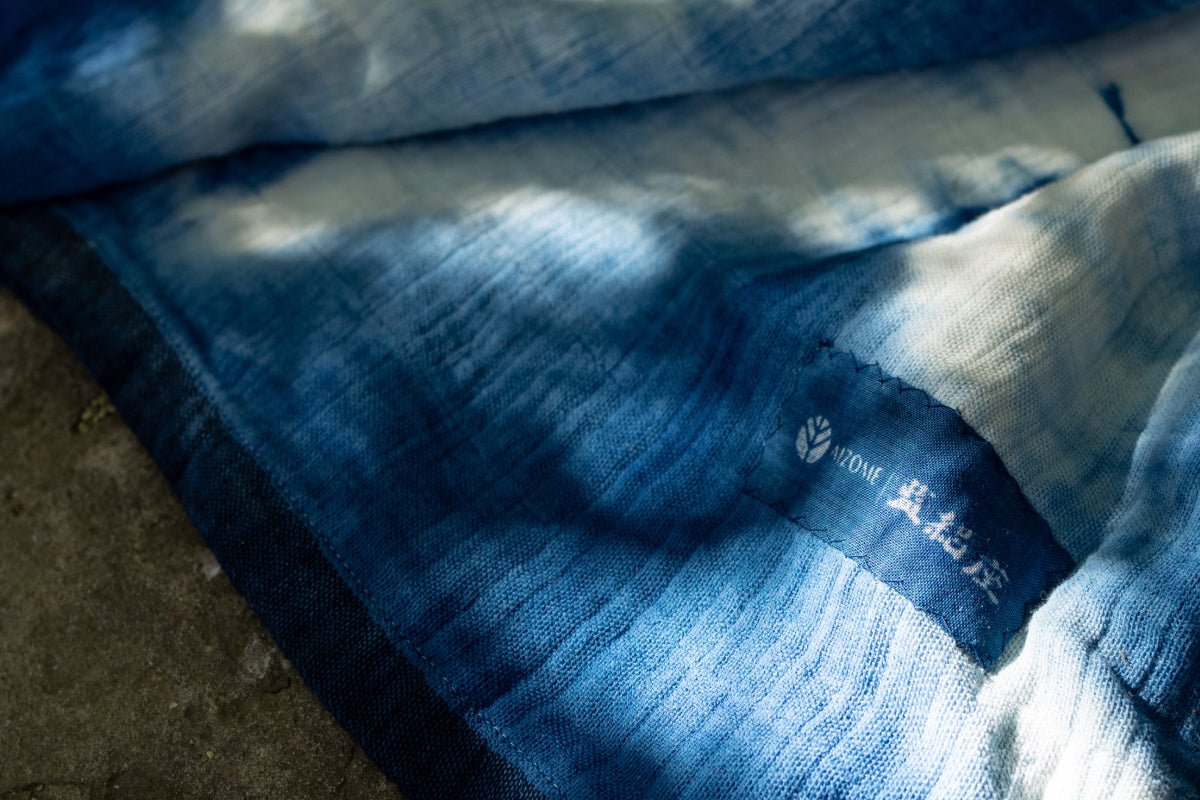 Artisan Line
Artisan Line
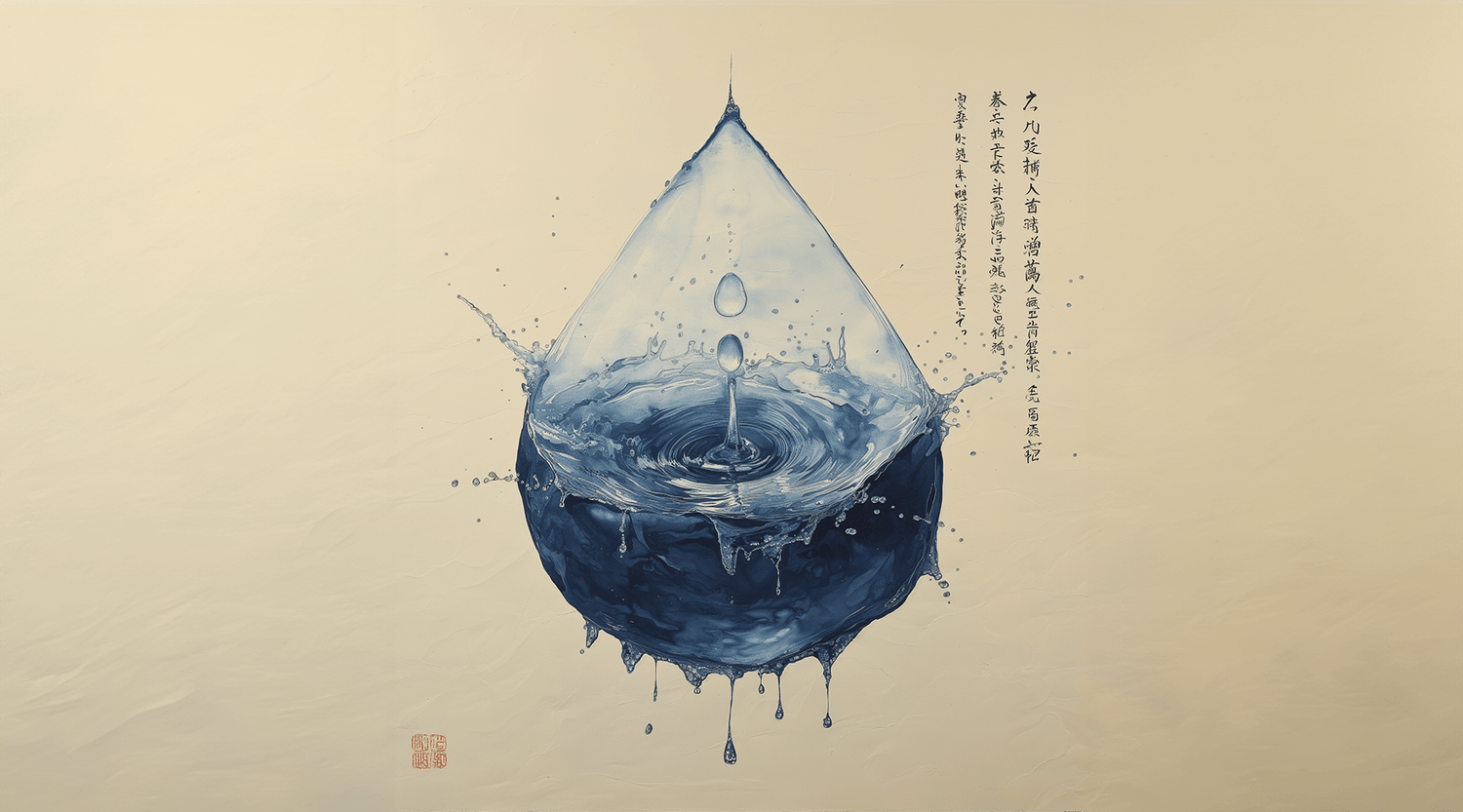


Leave a comment
All comments are moderated before being published.
This site is protected by hCaptcha and the hCaptcha Privacy Policy and Terms of Service apply.